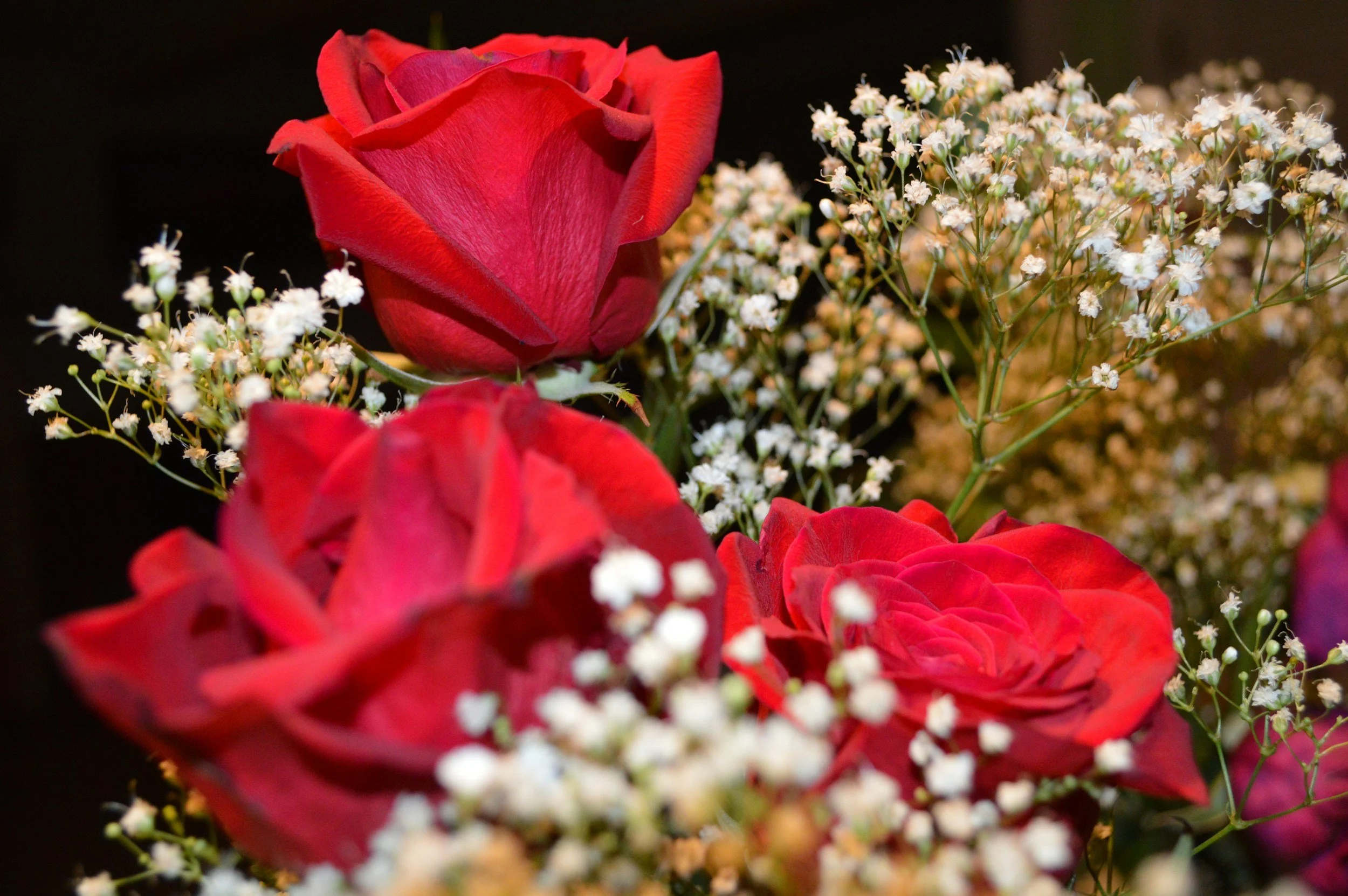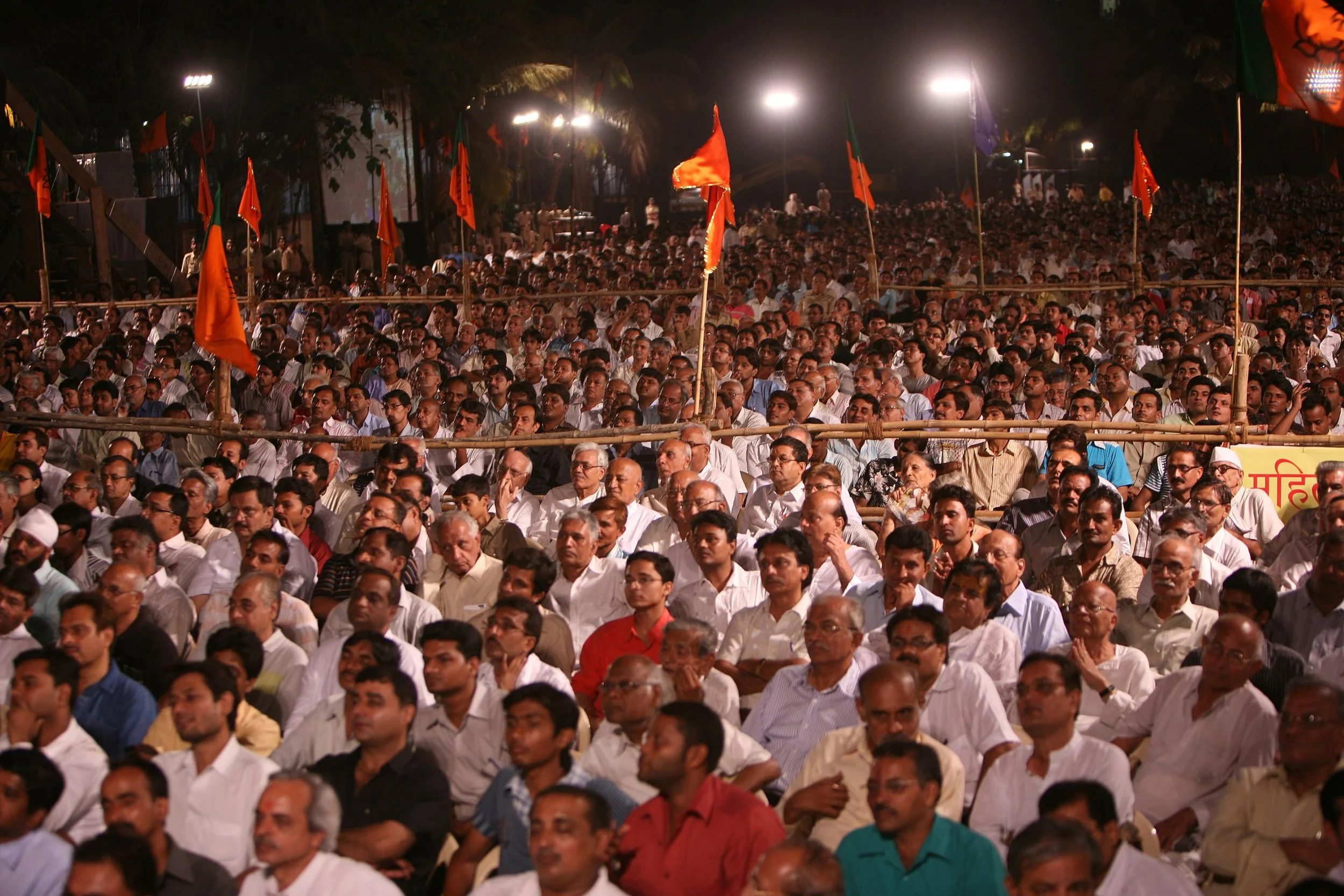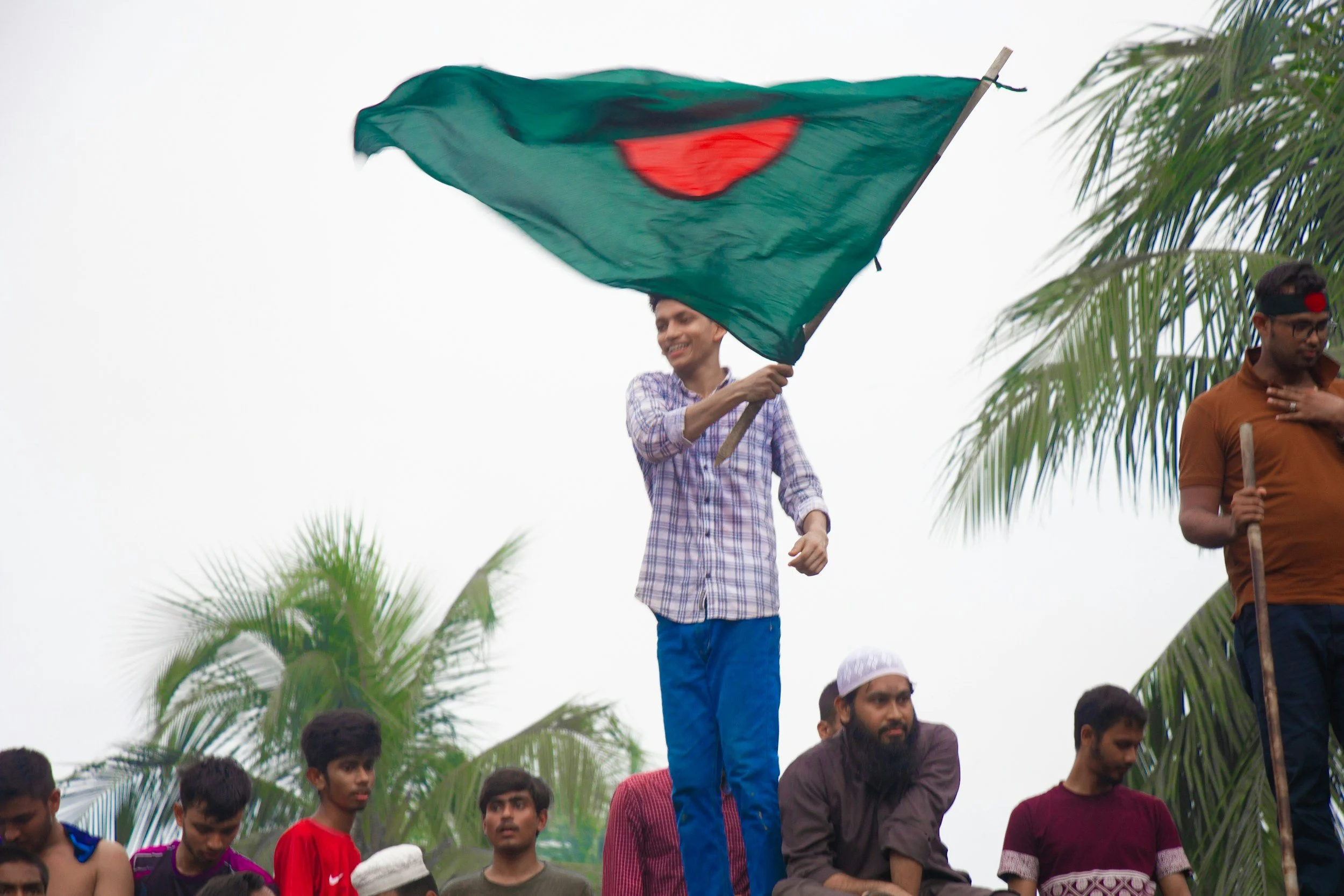(ANALYSIS) Former Irish President Mary McAleese argues that infant baptism violates children’s human rights by imposing church membership without consent. Critics respond that parents possess religious freedom in child-rearing, note historical and biblical defenses of infant baptism, and compare similar birth rituals across Christianity, Judaism, Islam, Hinduism, Buddhism and Sikhism.
Read More(ANALYSIS) Each Valentine’s Day, Hindu nationalist groups in India target couples, framing public affection as a cultural threat. Drawing on theories of moral panic, moral foundations and crowd psychology, this anxiety about social change, identity politics and purity-based values combine to justify moral policing and restrict personal freedom.
Read MoreRomantasy is the literary genre that has become all the rage around the world. Combining imaginative scope of fantasy with the emotional intensity of romance, these books use love as a central narrative driver. At the same time, the setting provides a chance for world-building and supernatural elements that heighten the stakes of romance.
Read MoreIndia recorded 1,318 in-person hate speech incidents in 2025, averaging more than three each day and overwhelmingly led by Hindu nationalist groups affiliated with the ruling Bharatiya Janata Party. The report supports the inference that a political choice is behind the sustained scale of public incitement, which undermines both the rule of law and the idea of equal citizenship.
Read MoreA Hindu businessman was attacked by a mob in Bangladesh’s Shariatpur district on Dec. 31. He was beaten with sharp weapons, doused in petrol and set on fire. This was the third such attack in a month — part of a larger pattern of violence against religious minorities since the fall of the previous government.
Read MoreFor thousands of devotees, the journey across the border is not just a trip; it is a reclamation of history, heritage and faith. As Prakash Purab approaches, the pilgrimage carries more than spiritual meaning. It represents the enduring resilience of a community whose beliefs and traditions transcend the walls of politics and conflict.
Read MoreDiwali — the annual Hindu fall “Festival of Lights” — is gaining mainstream popularity in places with large Indian and Southeast Asian immigrant populations — and businesses of all shapes and sizes are taking notice, modifying existing products or services or launching new ones to tap into the group’s sizable buying power.
Read More(ANALYSIS) Justice cannot be replaced by roads and hostels. The violence in Manipur was not a clash between two aggrieved groups, but the targeting of the Kuki-Zo minority by extremist groups from the majority Meitei community, allegedly backed by the state government. Ignoring the killings and rape sends a message to future perpetrators that violence with political support can be excused or even rewarded.
Read MoreOnce known for its secularism and high levels of literacy and political consciousness, this Indian state is witnessing a quiet but significant ideological shift — one surfacing not only in its mainstream politics but also within its religious communities. Among the most notable of these shifts is the slow but visible tilt of a section of Syrian Christians toward right-wing Hindu nationalism.
Read MoreReligious demand for wildlife products can be just as relentless as demand for items used in traditional medicine, status symbols or investments. From African elephant ivory carved into crucifixes for Catholics to Islamic prayer beads and Coptic crosses to amulets and carvings for Buddhists and Taoists in Thailand, the list is very long.
Read More(ANALYSIS) Nearly five million travelers visit Yellowstone National Park each year, most in the summer months. They come for the geysers, wildlife, scenery and recreational activities such as hiking, fishing and photography. However, few realize that religion has been part of Yellowstone’s appeal throughout the park’s history.
Read More(ANALYSIS) When Zohran Mamdani announced his candidacy for mayor of New York City, political observers noted his progressive platform and legislative record. But understanding the Democratic candidate’s background requires examining the rich cultural tapestry woven into his very surname: Mamdani.
Read More(ANALYSIS) Operation Kalanemi comes dangerously close to the kind of state control over religion seen in countries like China and Vietnam, where the state tightly controls religious activity by licensing clergy, approving sermons and monitoring places of worship, allowing only state-recognized versions of religion to function. Without clear laws, fair process and respect for constitutional limits, this drive in Uttarakhand risks turning the police into arbiters of faith — something a secular democracy cannot allow.
Read MoreOn India’s busy streets, vehicles adorned with Hindu symbols are more than just modes of transport — they have increasingly become mobile expressions of political and religious identity. The proliferation of these Hindu stickers has transformed everyday commuting, a phenomenon deeply intertwined with rising religious tensions.
Read MoreWhen a shell slammed into a madrassa (an Islamic school) housing over 1,200 children, its caretaker, Sayyed Habib, didn’t dial the army or the police. He didn’t call emergency services. He called Pradeep Sharma, a Hindu and former lawmaker, and his best friend since ninth grade. it was an example of how people of differing faiths found it in their hearts to help one another.
Read More(ANALYSIS) The central government’s gazette notification for India’s upcoming 2027 census omits the word “caste.” This, despite earlier public assurances that caste data would be collected. The absence of explicit mention has triggered accusations of deliberate evasion. Is the reluctance tied to the disruptive potential of a full caste enumeration—one that could unsettle the ideological foundations of Hindu nationalist politics?
Read More(ANALYSIS) To this day, there are no national memorials for the victims. Instead, triumphalist military monuments, many of them built in Tamil-majority areas, celebrate a victory in a war whose collateral damage amounted to war crimes and crimes against humanity.
Read MoreBetween 2010 and 2020, global religious affiliation shifted significantly, according to a new Pew Research Center analysis. While Christianity remains the world’s largest religion, its growth lagged behind overall population growth. Christians increased by 122 million to 2.3 billion, but their share of the global population fell. At the same time, Islam saw a global surge.
Read More(REVIEW) It’s been said, “You may not care about politics, but politics cares about you.” The same is true of religion. If you want to better understand your neighbors — and the cultural and political forces shaping America — “The American Religious Landscape” is the primer you’ve been looking for. Despite all the data, it’s also a book that does not disappoint.
Read More(EXPLAINER) As tensions rise between India and Pakistan, questions about what constitutes a lawful war are once again in focus. International law makes a clear distinction between jus ad bellum (the right to go to war) and jus in bello (the rules governing conduct in war). These are framed by the United Nations Charter, customary international law and treaties such as the Geneva Conventions, all of which define what states and their leaders can — and cannot — do during conflict.
Read More



















